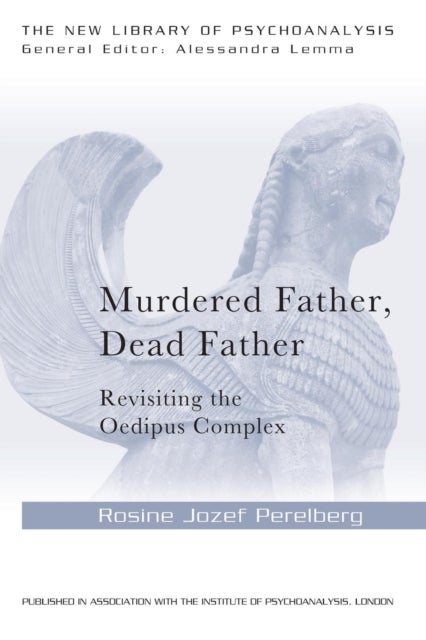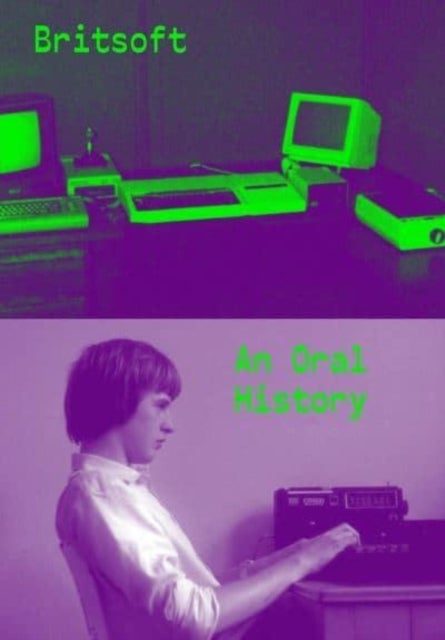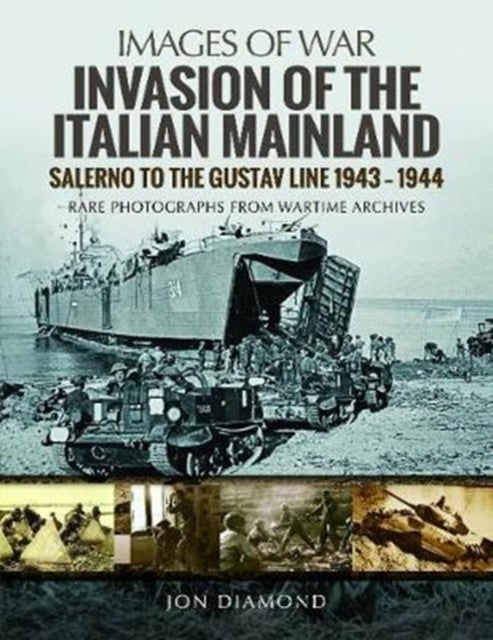
Murdered Father, Dead Father av Rosine Jozef (Training and Supervising Analyst British Psychoanalytical Society UK) Perelberg
569,-
<P><EM>Murdered Father, Dead Father: Revisiting the Oedipus Complex</EM> examines the progressive construction of the notion of paternal function and its central relevance in psychoanalysis. </P><P></P><P>The distinction between the <I>murdered (narcissistic) father </I>and the <I>dead father</I> is seen as providing a paradigm for the understanding of different types of psychopathologies, as well as works of literature, anthropology and historical events. New concepts are introduced, such as "<I>a father is being beaten</I>", and a distinction between the <I>descriptive apr¿coup</I> and the <I>dynamic apr¿coup</I> that provides a model for a psychoanalytic understanding of temporality. The book includes a reflection on how the concepts of the <I>death instinct</I> and the <I>negative</I>, in their connection with that which is at the limits of representability, are an aid to an understanding of Auschwitz, a moment of rupture in European culture that the author characterizes as "








